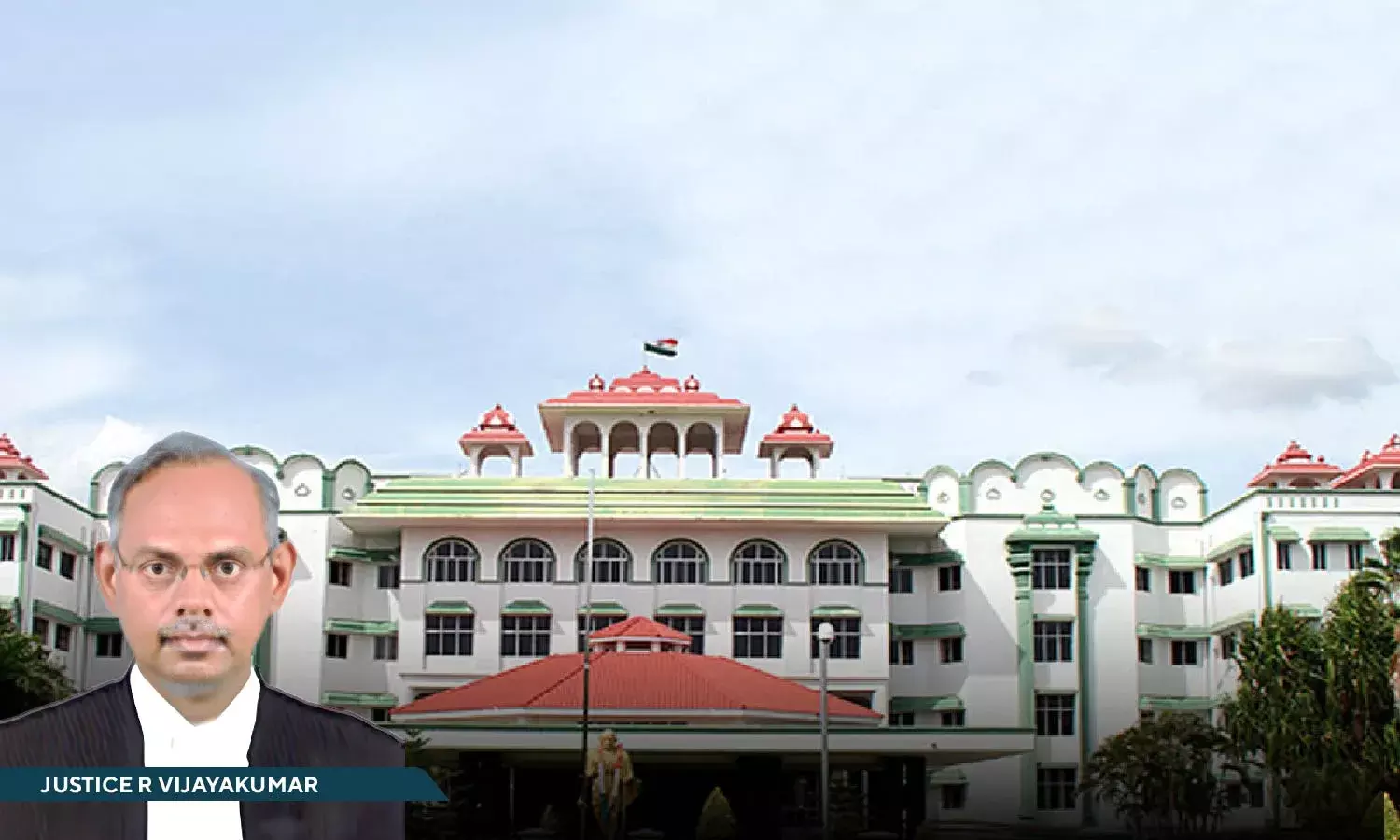Sec 29A A&C Act Is Not Meant To Confer New Defence Upon An Unsuccessful Party To Challenge Arbitration Award: Madras HC
The Madras High Court has held that a party cannot resort to the objection relating to the invalidity of an award after they have suffered from an adverse order and the intent of Section 29-A of the Arbitration and Conciliation Act, 1996, (‘Act’) is not to confer a new defence upon unsuccessful party.
The Bench of Justice R Vijayakumar held, “The objection relating to the invalidity of the award has been raised by the respondents only after they have suffered an adverse order. If such an interpretation is given to Section 29-A(4) of the Arbitration and Conciliation Act, the parties would resort to this argument after coming to know that they have suffered an adverse order. The legislative intent of inserting Section 29-A of the Act is only for expeditious disposal of the arbitration proceedings and not to confer a new defence upon an unsuccessful party to challenge the award and to reopen the entire proceedings.”
Senior Advocate Sricharan Rengarajan appeared for the Appellant whereas Senior Advocate S Meenakshi Sundaram appeared for the Respondents.
A civil miscellaneous appeal was filed under Section 37 (a) of the Act to set aside the order passed by the District Court. Respondents, 1 to 4 had filed a suit against the Appellant for a declaration that they were entitled to participate in the administration of Hotel Arunagiri and for a consequential injunction. The appellant herein had moved an application under Section 8 of the Act relying upon the arbitration clause in the partnership deed. Section 8 application was dismissed by the trial Court. Ultimately, when the matter was heard by the Supreme Court, the Supreme Court had appointed Justice Prabha Sridevan, former Judge of the Madras High Court as a Sole Arbitrator, who was also Respondent No. 5 in the appeal.
The Arbitration was started and consequently, an Award was passed by the Arbitrator. Respondent No. 3 had filed a claim petition before the District Court under Section 34 of the Act on the ground that the award was not passed within the stipulated 12-month period. The District Court allowed the appeal and set aside the award.
The Court observed that the Respondents were aware that Section 29-A(1) of the Act provides for an outer limit of 12 months for passing of an award from the date on which the Arbitrator had entered upon the reference and also were aware of the fact that if the Arbitrator had not passed the award within the said period, the mandate of the Arbitrator shall get terminated unless it is extended by consent of the parties or by an order of the Court.
“Having knowledge about the said legal mandate, the respondents have not raised any objection with regard to non passing of the award and waited till an award was passed by the Sole Arbitrator on 28.03.2018. Therefore, it could be concluded that the respondents have not only given their implied consent for passing of the award, but also they waived their rights to object to the passing of the award beyond a period of 12 months.”, the Court added.
The Bench relied on the judgment of the Supreme Court in Inder Sain Mittal v. Housing Board, Haryana (2002), and held that the respondents herein by not raising any objection before passing of the award, had not only given their implied consent but also waived their rights to raise any objection with regard to the non-passing of the award within a period of 12 months.
Accordingly, the Court set aside the impugned order passed by the District Court.
Cause Title: Ayyasamy v. A Shanmugavel and Ors.
Appearances:
Appellant: Senior Advocate Sricharan Rengarajan and Advocate C Ramesh
Respondents: Senior Advocate S Meenakshi Sundaram and Advocate RT Arivukumar




